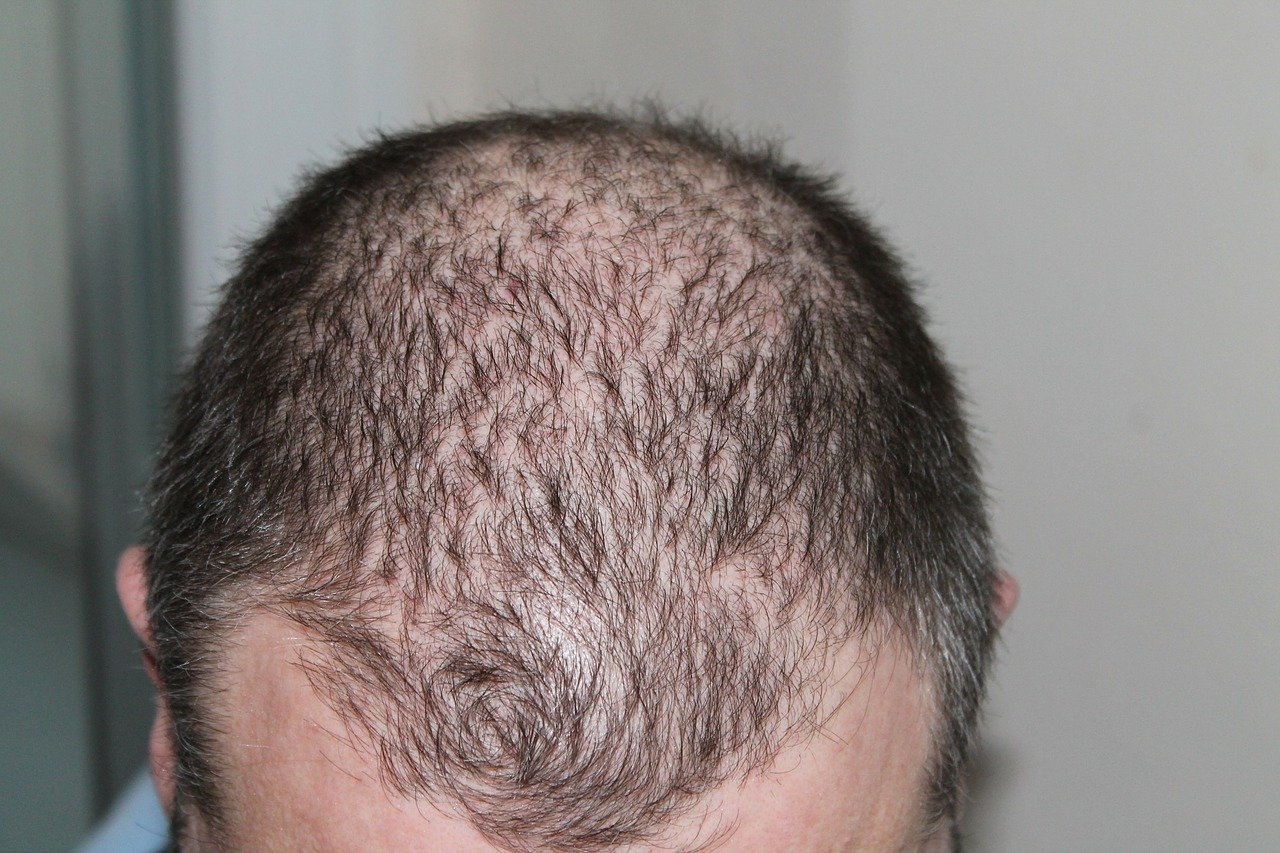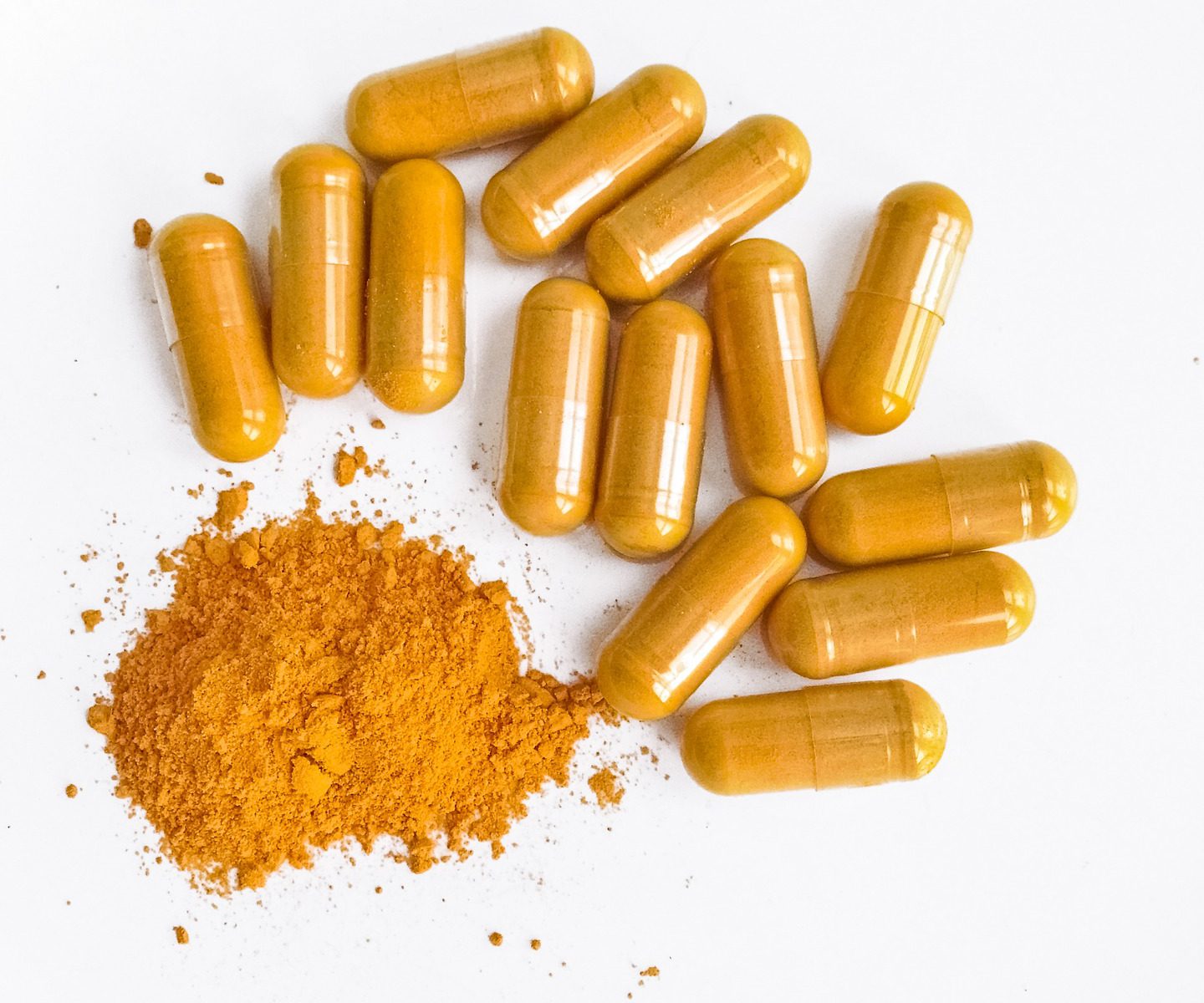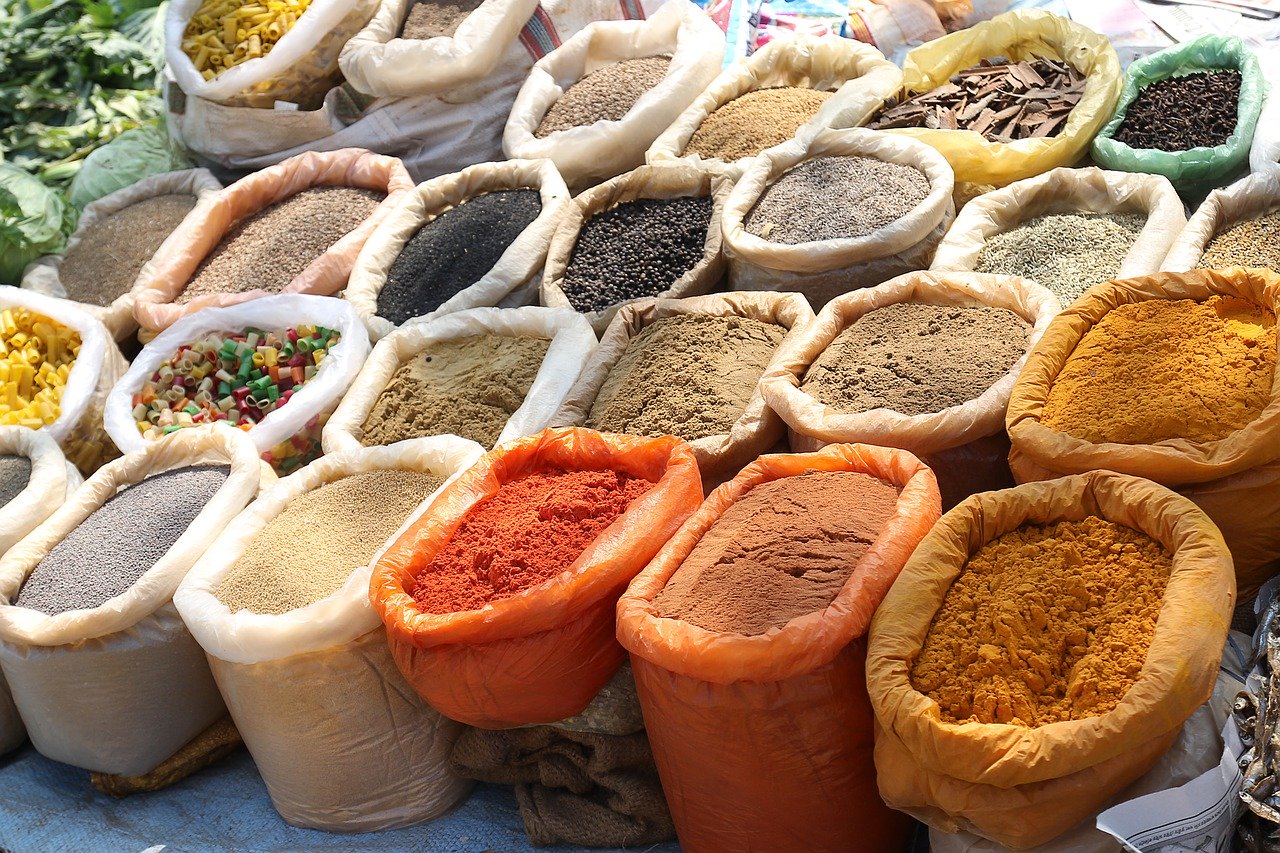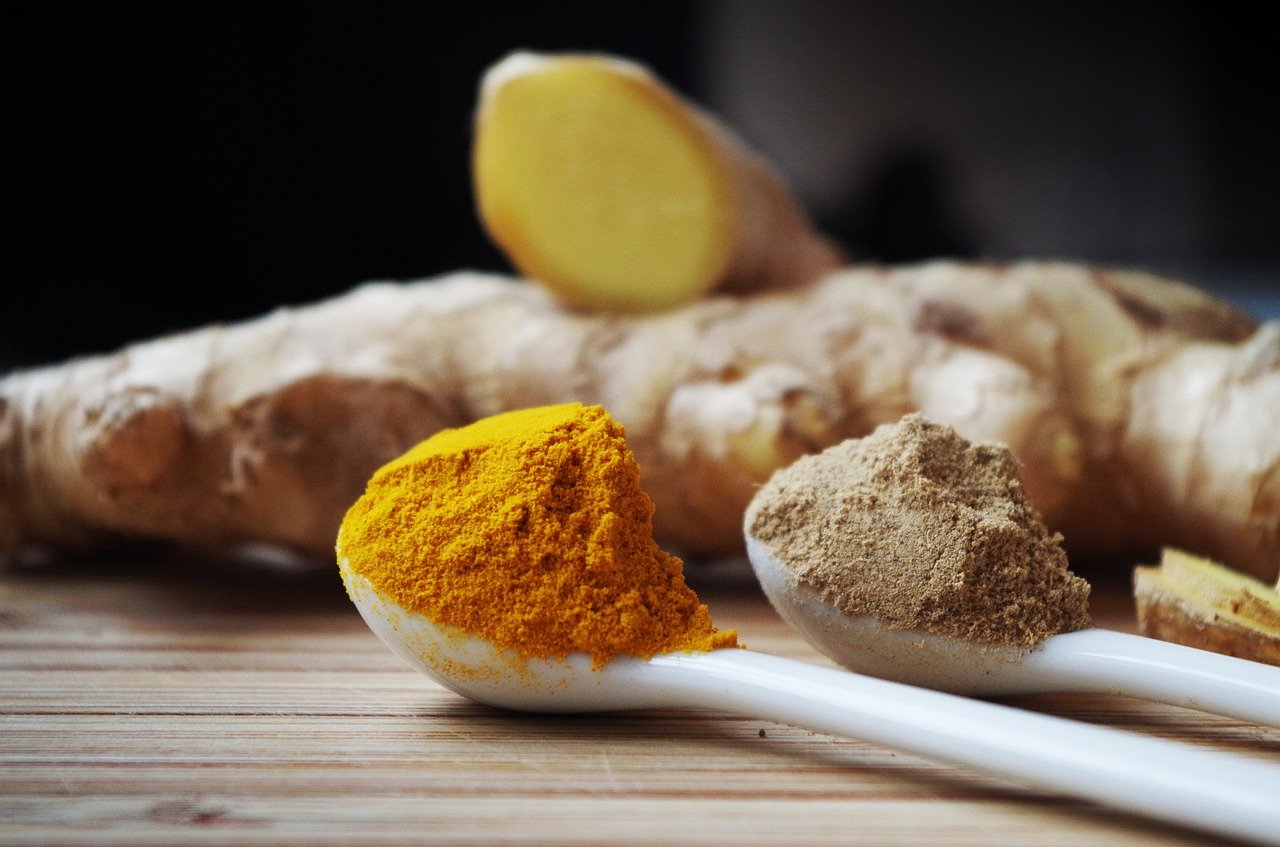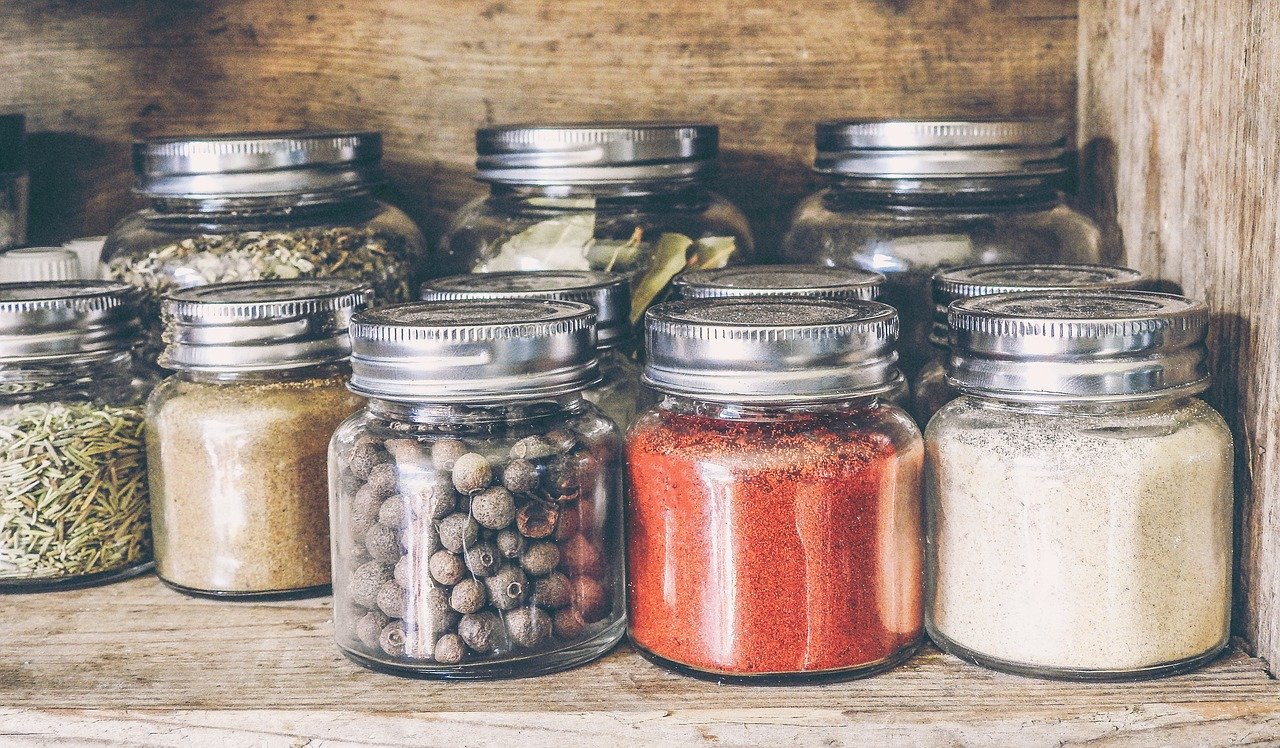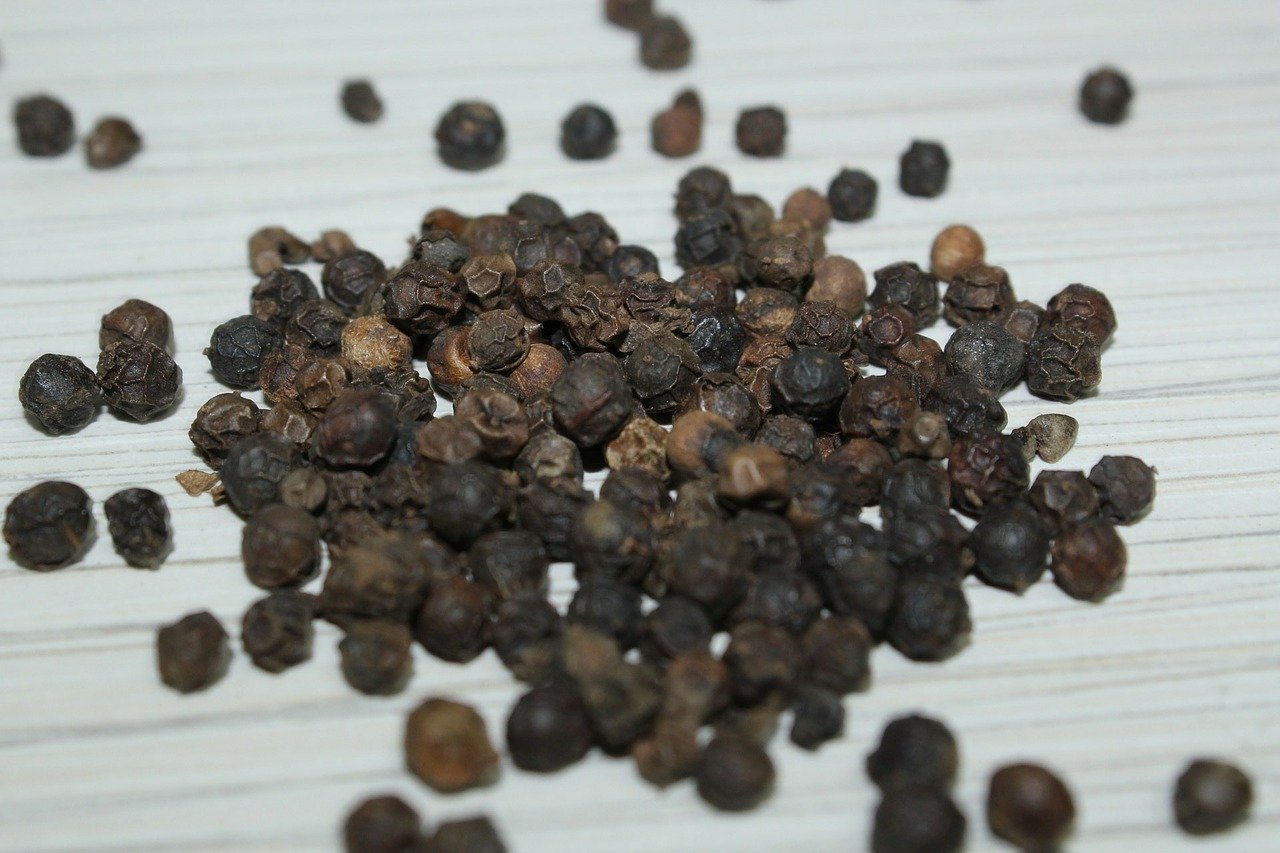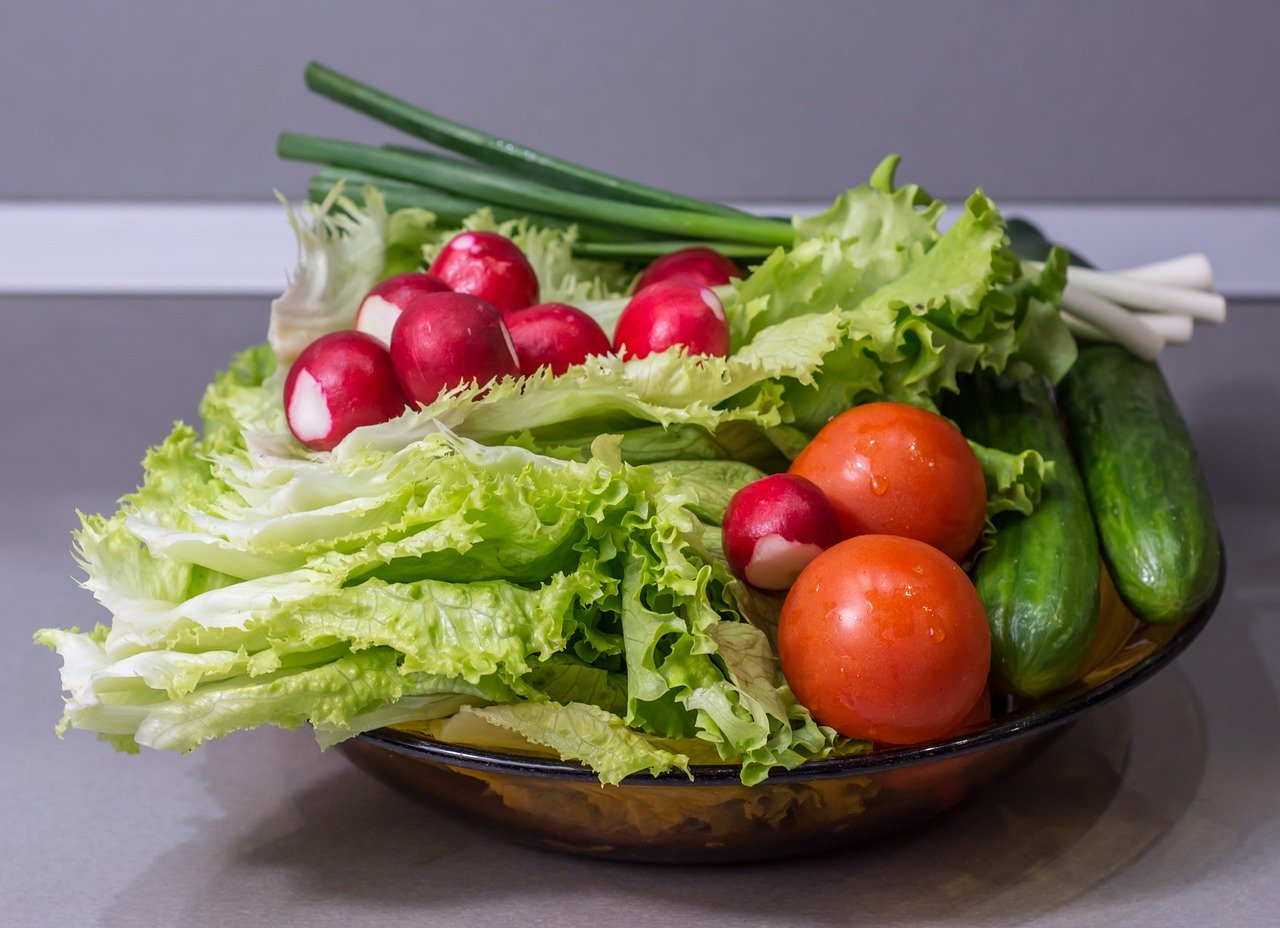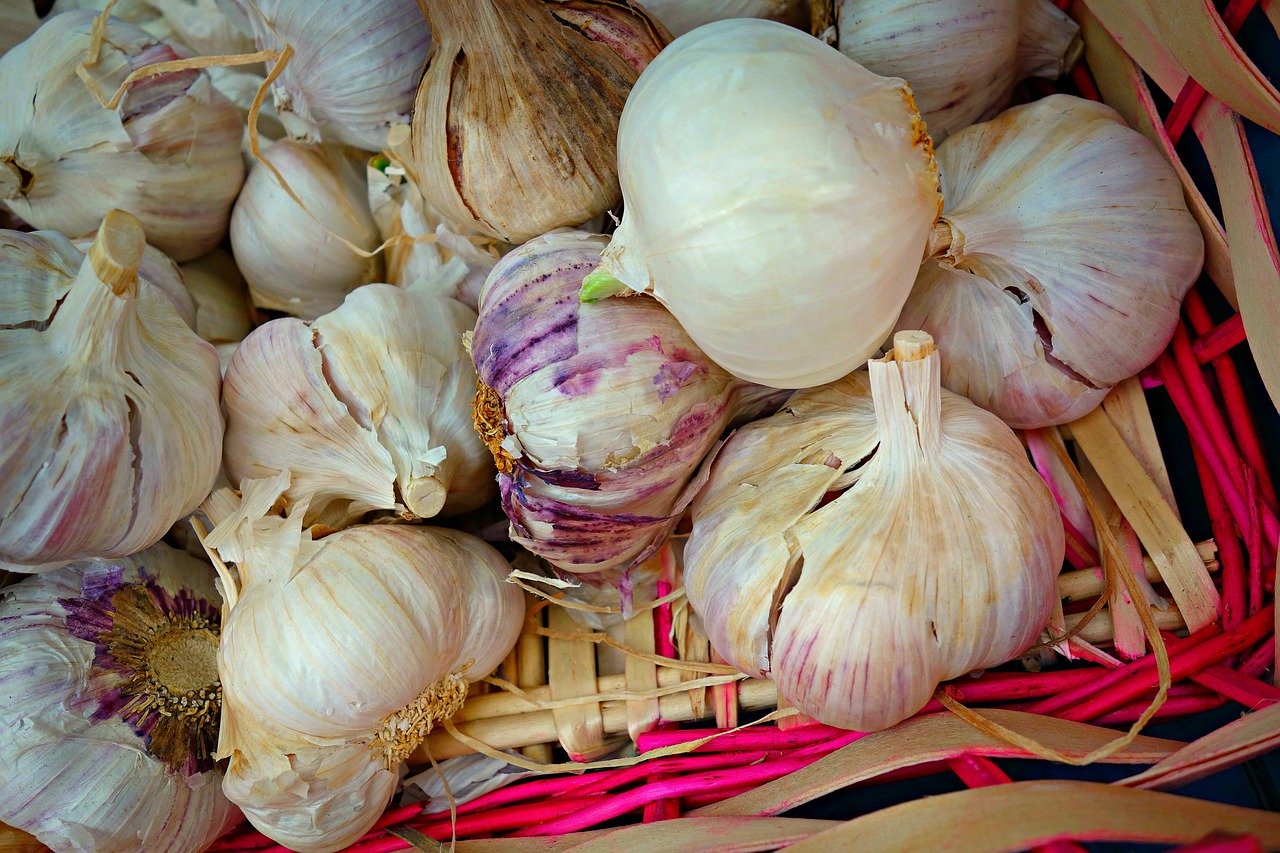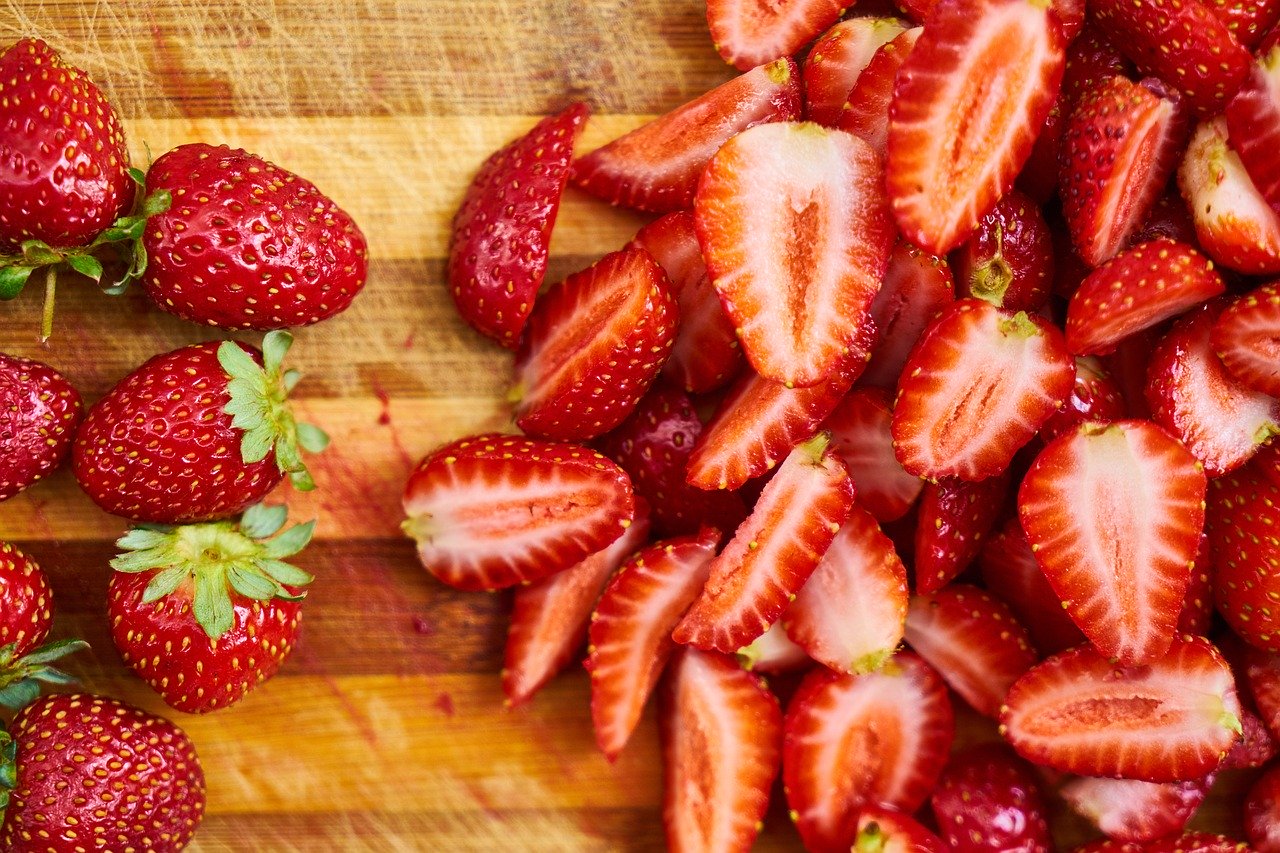In January 2019 researchers from the UK published the results of their study to assess the wider implications of feeling that the things undertaken in one’s life are worthwhile. A … Read more
Environmental factors as well as the gut microbiota may strongly influence the development of psoriasis and its progression
In March 2020 researchers from Italy, USA and Serbia published their review on the interactions between the skin, microbiome, gut microbiota and psoriasis. The researchers stated that psoriasis is alternatively … Read more
A vitamin or mineral deficiency or a severe reduction in carbohydrate intake may contribute to hair loss
In March 2019 researchers from Saudi Arabia and the USA published their review of the medical scientific literature to assess the role of vitamins and minerals in hair loss. A … Read more
Wine consumption, especially red wine, appears to influence the function of human organs, prevents disease and reduces damage to the cardiovascular system
In July 2018 researchers from Czech Republic and Slovakia published their review on how wine consumption influences the function of human organs, prevents diseases and reduces damage to the cardiovascular … Read more
Curcumin appears to play an anti-inflammatory and immunosuppressive role in individuals with psoriasis and psoriatic arthritis
In March 2020 researchers from Greece published the results of their study to assess the mode of action of curcumin in psoriatic disease. The researchers stated that studies have shown … Read more
Herbs and spices appear to have antioxidant, anti-microbial, and anti-inflammatory properties and they may in addition reduce the risk of developing chronic diseases, eg cardiovascular disease, neurodegenerative conditions, chronic inflammation, arthritis, cancer, obesity and diabetes type 2
In May 2019 researchers from Canada published their review of the medical scientific literature to identify and assess specific biomarkers in 25 herbs and spices, namely anise, basil, black pepper, … Read more
Individuals with severe mental health issues, particularly schizophrenia, appear to consume more pro-inflammatory foods and fewer anti-inflammatory nutrients
In May 2019 researchers from Australia, UK, Italy and the USA published their review which assessed how diet may affect physical and mental health outcomes in severe mental health issues. … Read more
The intake of turmeric extract, black pepper, and ginger twice a day for a period of 4 weeks may improve the prostaglandin E2 levels in individuals with chronic knee osteoarthritis
In March 2020 researchers from Iran published the results of their study to assess the effect of turmeric extract, black pepper, and ginger, all taken at the same time, on … Read more
Strawberries appear to significantly reduce C-reactive protein levels and may improve total cholesterol and LDL-cholesterol in individuals with high levels
In April 2020 researchers from Japan, China and Egypt published their review of the medical scientific literature to assess the effect of strawberries on cardiovascular risk factors. A total of … Read more
Adding 6 g spice blend (basil, bay leaf, black pepper, cinnamon, coriander, cumin, ginger, oregano, parsley, red pepper, rosemary, thyme, and turmeric) to a high-saturated-fat, high-carbohydrate meal reduced the postprandial effect of the meal regarding the secretion of the inflammatory cytokine, IL-1β, in overweight/obese men
In March 2020 researchers from the USA published the results of their study to assess the postprandial effect of a blend of spices in a high-saturated-fat, high-carbohydrate meal on inflammatory … Read more
Black pepper appears to have important pharmacological properties which warrant further research
In February 2019 researchers from Mauritius, India, South Africa and Turkey published their review on the medicinal aspects of black pepper (Piper nigrum L.). India was seen to have the … Read more
The Mediterranean diet, which is rich in plant-based foods such as wholegrains, legumes, fruit, vegetables, extra-virgin olive oil with a reduced consumption of red meat and sugar-sweetened drinks, may help to reduce the risk of rheumatoid arthritis
In November 2018 researchers from the UK published their review on diet and the risk of rheumatoid arthritis. There is an increasing amount of evidence which suggests that dietary factors … Read more
Food additives are one of the factors in ultra-processed foods causing concern, for whilst some food additives can be beneficial for human health, others may alter the composition of the gut microbiota and lead to inflammation, which in turn may lead to different forms of inflammatory disease
In October 2019 researchers from Qatar published their review of the association between a Western diet and chronic diseases. A Western diet is characterised by a high intake of energy-dense … Read more
Changes in the diet may play an important role in the management of rheumatoid arthritis, with several studies showing an improvement in symptoms with diets excluding animal products
In September 2019 researchers from the USA published their review on diet and rheumatoid arthritis. Rheumatoid arthritis affects roughly 1% of the world’s population and whilst genetic factors account for … Read more
A low FODMAP diet has been recommended for inflammatory bowel disease and suggested for individuals with inflammatory bowel disease-like symptoms
In October 2019 researchers from Taiwan published their review of nutrition and diet in inflammatory bowel disease. The researchers stated that the incidence of inflammatory bowel disease has been increasing … Read more
Specific dietary factors and dietary patterns alter the gut microbiota profile, which is an essential factor in the development and progression of obesity
In December 2019 researchers from South Korea published their review on the effect of diet on the gut microbiota and how it is associated with obesity. Obesity is described as … Read more
Co-enzyme Q10, vitamin C, omega-3 polyunsaturated fatty acids, gingseng, garlic and probiotic supplementation may reduce blood pressure levels in individuals with hypertension
In February 2020 researchers from Japan published their review on the potential benefits of garlic and other dietary supplements for the management of hypertension. The control of hypertension is extremely … Read more
Aged garlic extract appears to reduce inflammatory markers in gingivitis
In March 2020 researchers from Japan published the results of their study to assess the effect of an aged garlic extract in inflammatory markers in gingivitis. It is known that … Read more
Intermittent fasting is beneficial for many health conditions, including obesity, diabetes, cardiovascular disease, cancers, and neurodegenerative brain disorders
In December 2019 researchers from the USA published their review on the effects of intermittent fasting. The suggestion that calorie restriction had a beneficial effect on aging and life span … Read more
Strawberries have been found to reduce some of the markers of inflammation and oxidative stress in individuals with knee osteoarthritis
In December 2018 researchers from the USA published the results of their study to assess the effects of dietary freeze-dried strawberries on obesity-related hormones, inflammatory biomarkers and lipid peroxidation (a … Read more



